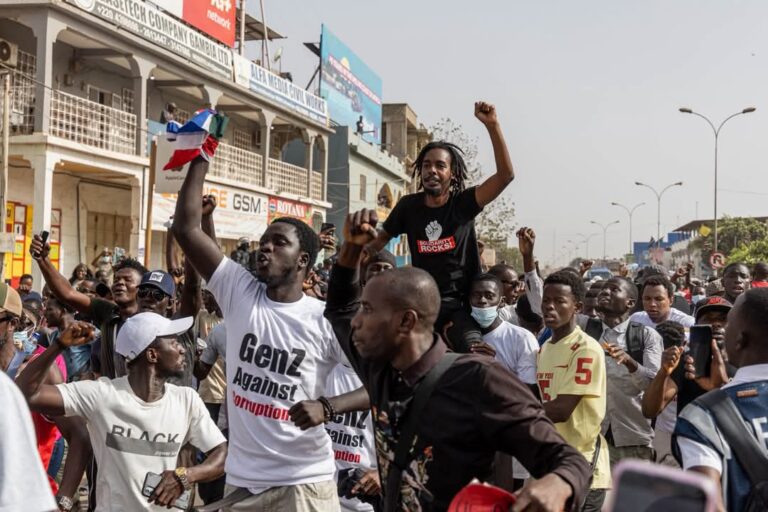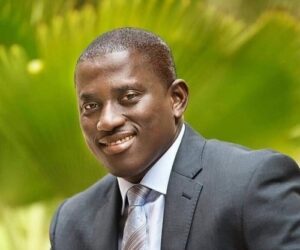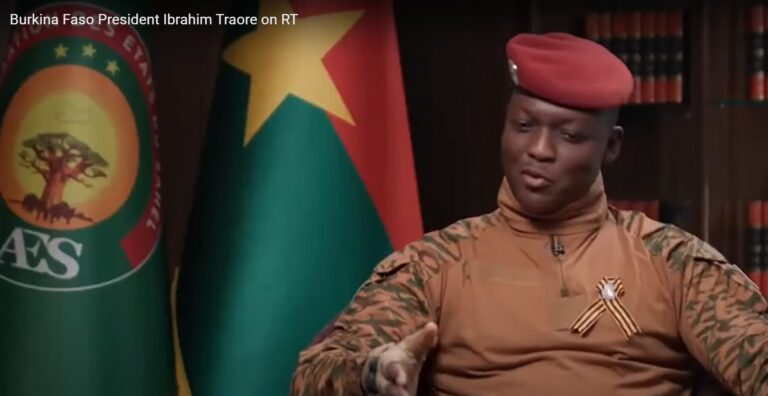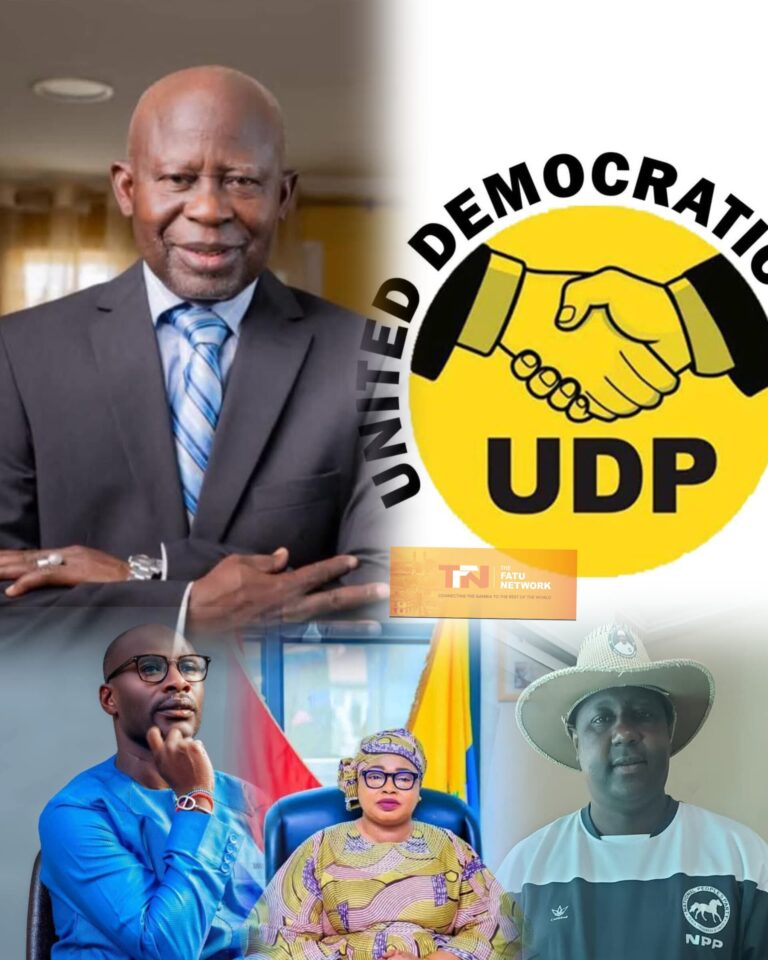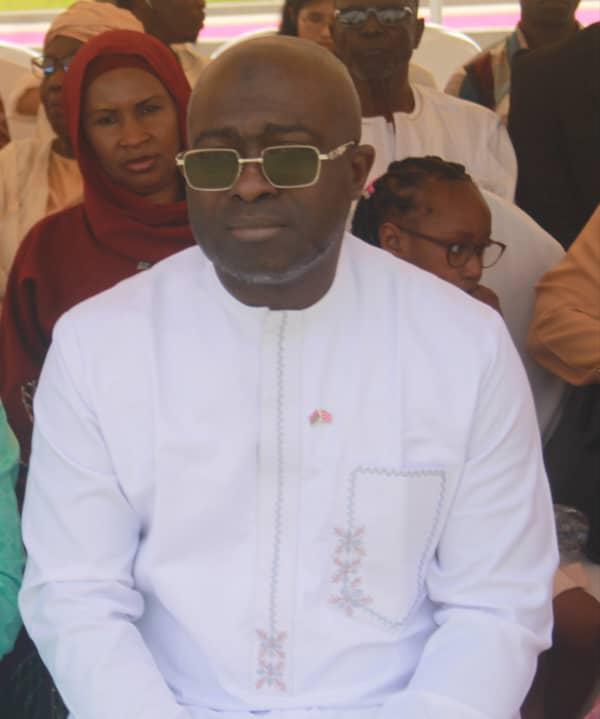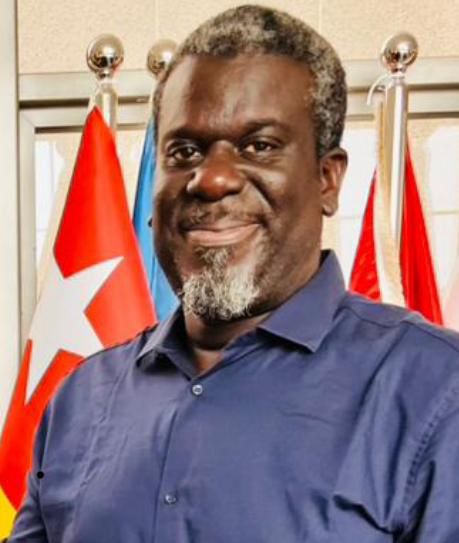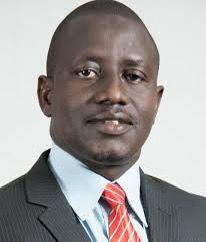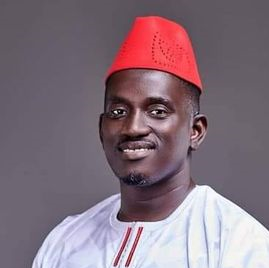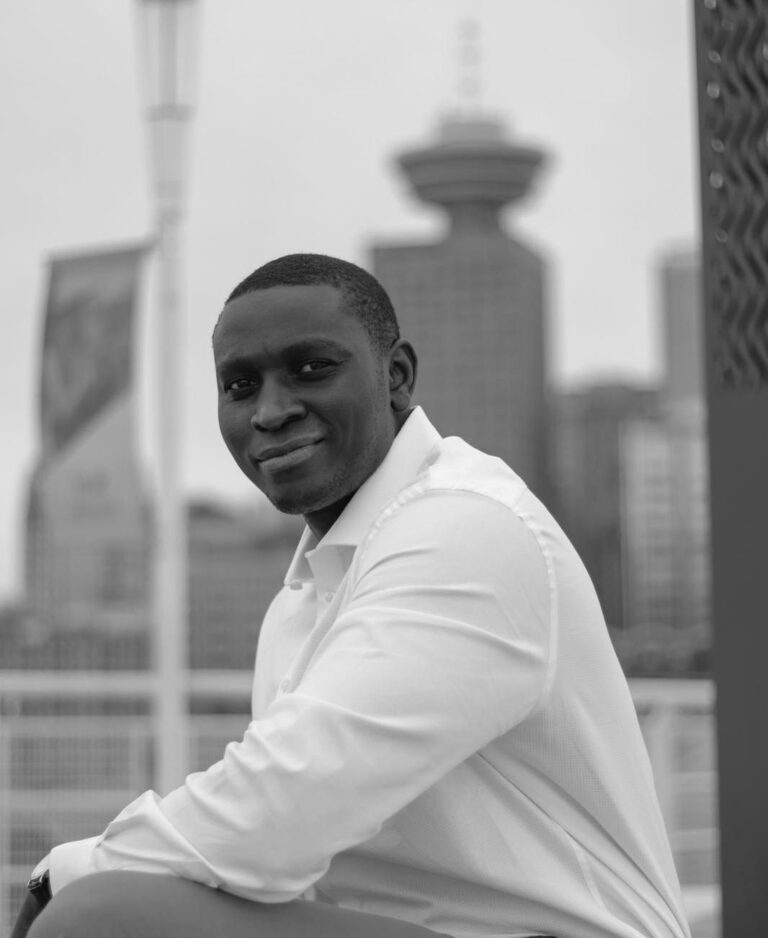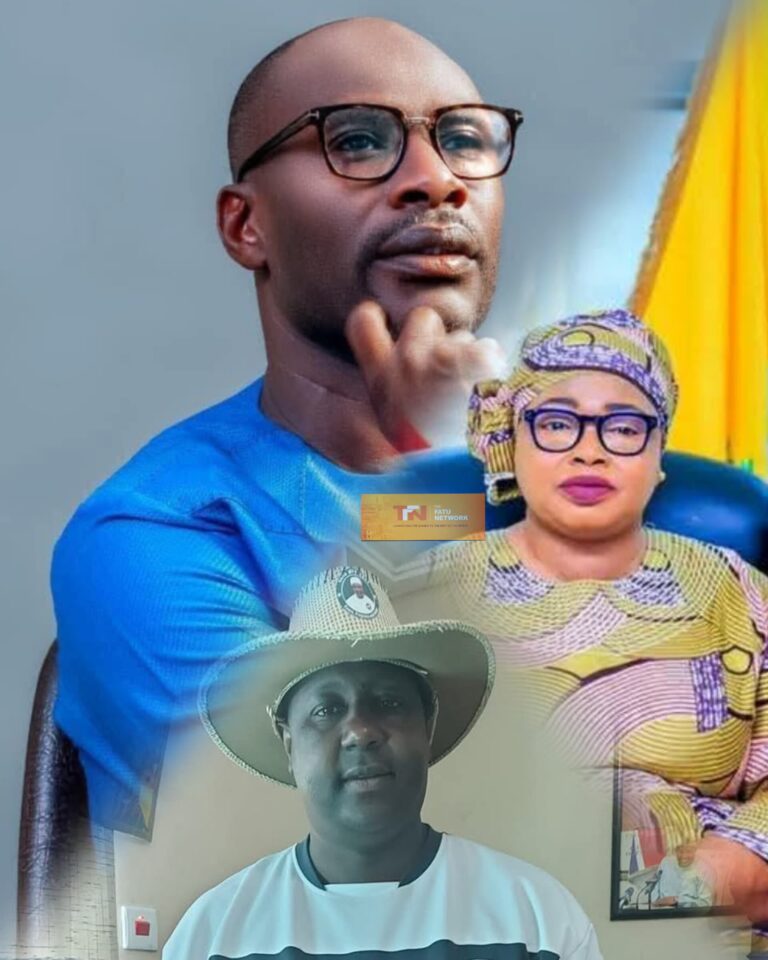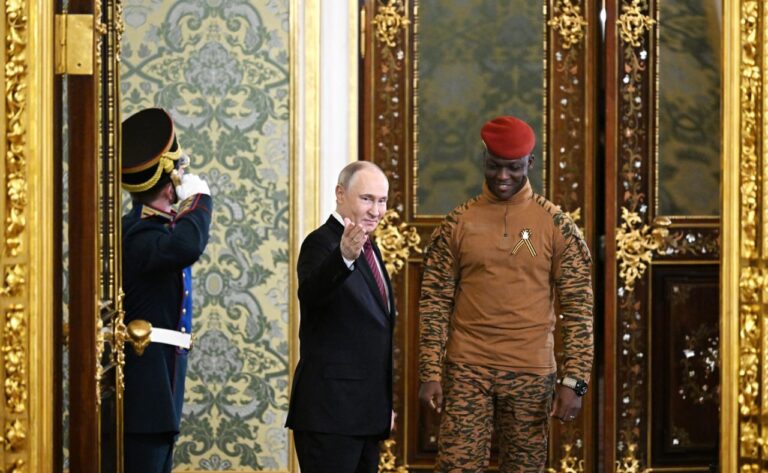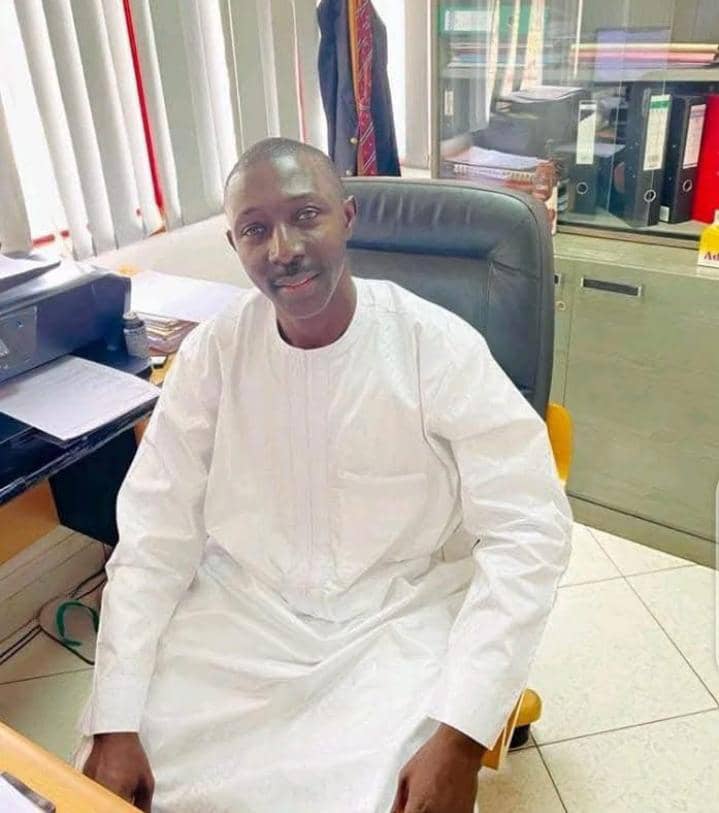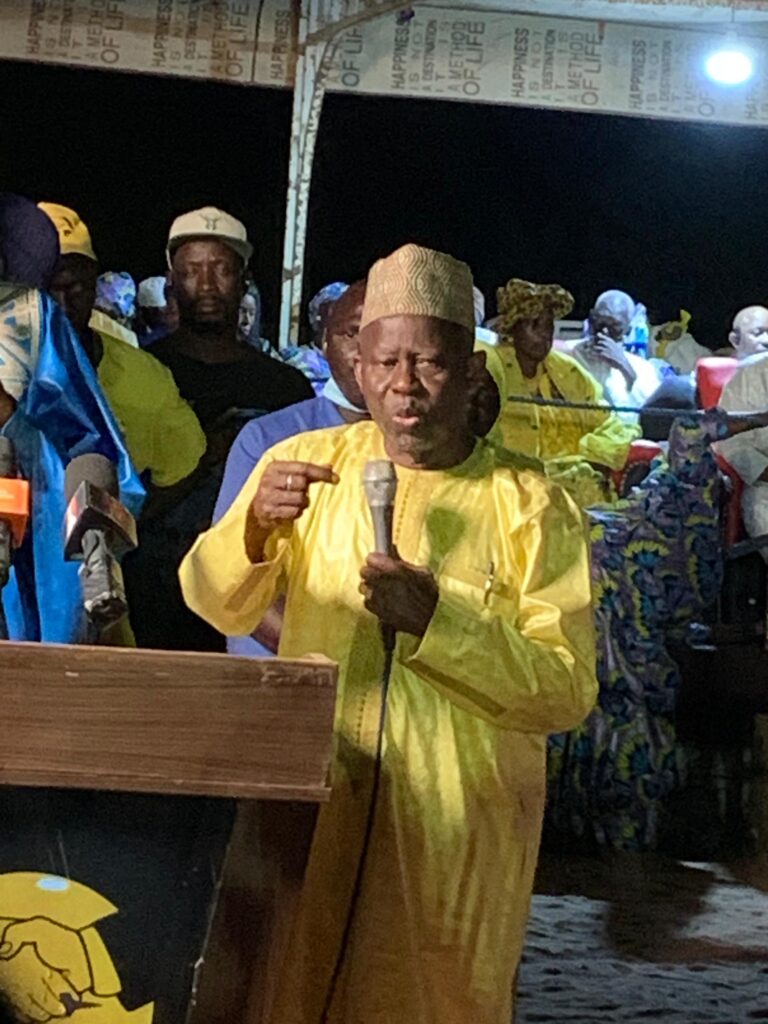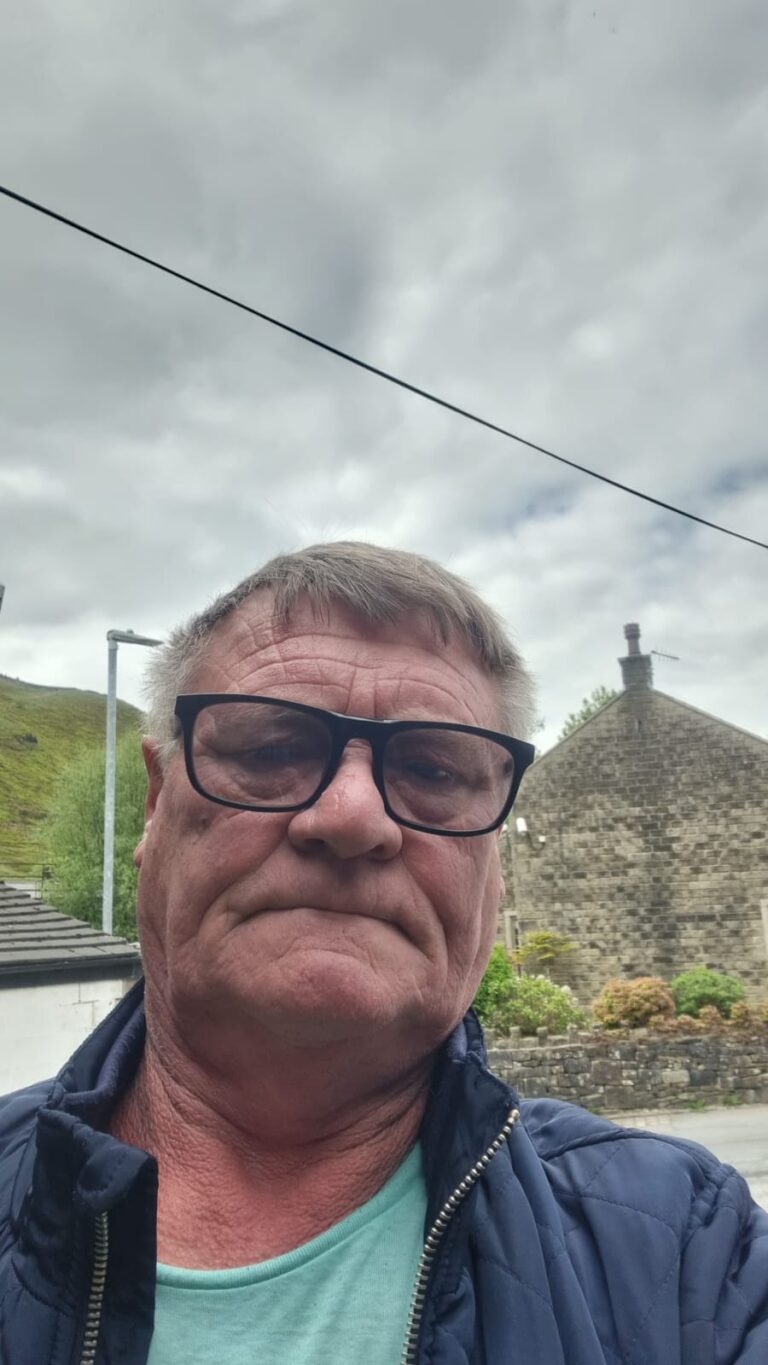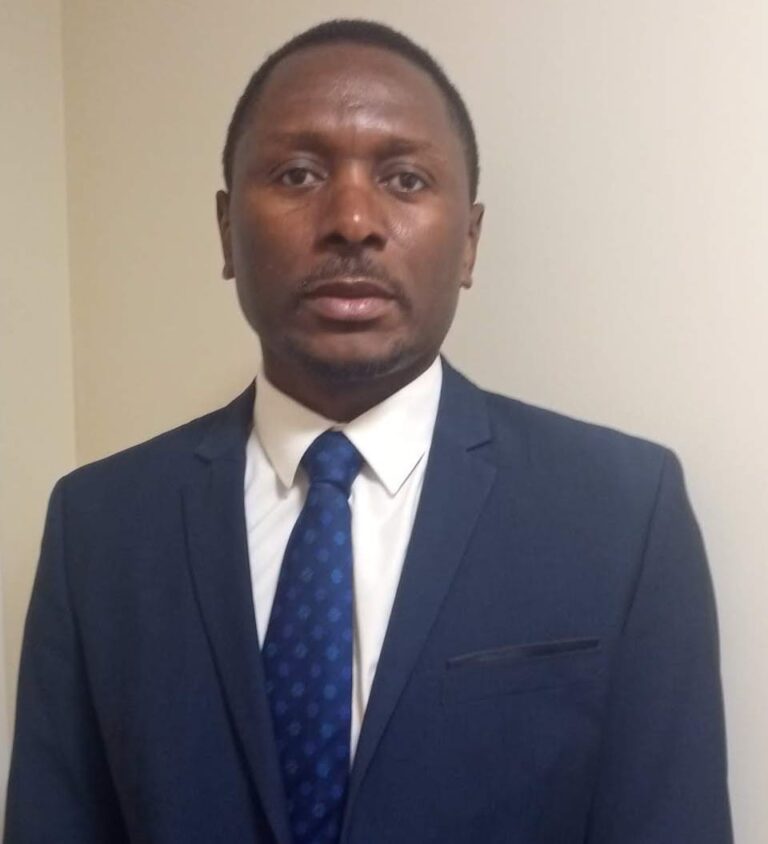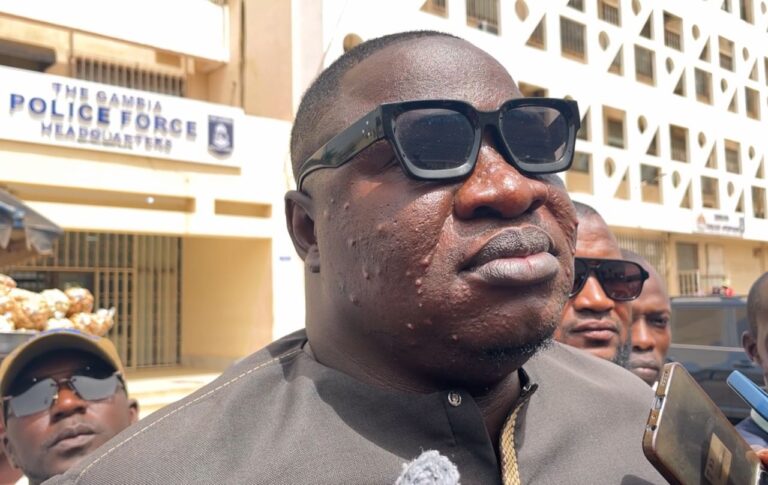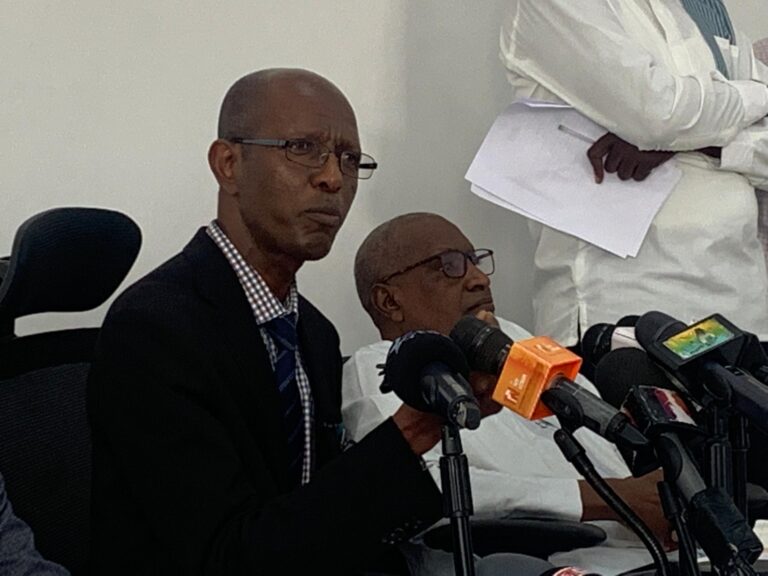Written by: Seringe ST Touray
In a televised interview with Russia’s international state television, Russia Today (RT), Burkina Faso’s leader, Captain Ibrahim Traore, strongly dismisses accusations from Human Rights Watch (HRW) regarding military abuses in his country. He frames the fight against terrorism not just as a battle for national security. Instead, Captain Traore views this as part of a larger struggle against Western imperialism.
This month’s uproar didn’t come out of the blue. It followed a string of closely linked events. On May 9, Traore was in Moscow for the 80th anniversary of the Soviet Union’s World War II victory. A day later, he was at the Kremlin, face to face with Putin. The meeting was no quiet affair. It was filmed, shared, and talked about everywhere, especially given the growing closeness between their two countries.
Putin welcomed Traore with warm words, stating, “Your visit to Russia to celebrate the 80th anniversary of the victory is a great symbol and it reflects the friendly character of relations between Burkina Faso and Russia.” He also brought up the historical connection between the two countries, noting that about 30,000 Burkinabè soldiers had fought alongside the anti-Hitler coalition during World War II—a reminder that the roots of their relationship stretch back decades.
The agenda of the meeting overwhelmingly focused on counterterrorism cooperation, expansion of commercial activity, and educational exchange, with Putin going so far as to reveal that the number of Russian state scholarships available to Burkinabè students had increased more than two-fold for the 2024-2025 academic year. Traore expressed gratitude for the invite and commended Russia for remaining strong on the world stage “despite all the sanctions.”
On May 12, immediately after the diplomatic meetings, HRW published a report alleging that Burkina Faso government forces committed the massacre of at least 100 Fulani civilians near Solenzo in western Burkina Faso. The report claims that Burkina Faso’s special forces and the pro-government Volunteers for the Defense of the Homeland (VDPs) – civilian fighters recruited by the government – were to blame. According to HRW, the country’s own military “led and participated in the massacre of more than 130, possibly many more, ethnic Fulani civilians” during an operation in the Boucle du Mouhoun region in March 2025. HRW further stated that these killings were part of an extensive military operation that resulted in mass civilian deaths and alarge-scale displacement of Fulani people.
“The viral videos of the atrocities by pro-government militias near Solenzo sent shock waves through Africa’s Sahel region, but they told only part of the story,” said Ilaria Allegrozzi, senior Sahel researcher at HRW. “Further research uncovered that Burkina Faso’s military was responsible for these mass killings of Fulani civilians, which were followed by deadly reprisals by an Islamist armed group. The government needs to impartially investigate these deaths and prosecute all those responsible.”
The HRW report outlined how these operations unfolded over several days, claiming that the pro-government militias (VDPs) would shoot at civilians and loot their cattle, forcing them to flee. The report states that military forces “blocked their flight in an apparent pincer move, then massacred at least 130 civilians and possibly several hundred trapped in the bush.”
Notably, prior to the release of HRW’s report, the Burkinabè government had already issued a statement on March 15, describing the events of March 10. The government claimed that militia and security forces had repelled a “terrorist” attack, killing around 100 assailants. In its version of events, it reported finding women, children, and elderly civilians whom it said had been used as human shields by attackers. These individuals, the government alleged, were later misrepresented as civilian victims by rights organizations. HRW’s May report, however, disputed this narrative, claiming that witnesses found no evidence of fighting near Solenzo and instead described a premeditated military massacre.
Traore, however, vehemently rejected these accusations. Speaking to Russian state television, he dismissed the allegations as part of a broader Western plot to destabilize Africa.
“It’s not terrorism, it’s imperialism,” Traore declared when asked about the security situation in his country. “Their goal is to keep us in a permanent war so that we cannot develop and continue to lose our resources, and so they have every interest in bringing specialists in mines to lay various types of mines, explosives specialists.”
The HRW accusations about the Solenzo killings were not the first of their kind. In April, HRW had claimed that Burkinabè forces had executed over 200 civilians, including children, in two northern villages—an allegation that Traore’s government continues to deny. When asked about the financiers behind the “terrorist” fighters operating in his country, Traore responded cryptically, “All imperialist countries finance these fighters. They are numerous. We cannot name them individually. Some are even hidden, unimaginable, but they are numerous.”
Traore also took aim at Western media and human rights organizations, accusing them of spreading misinformation. “The Western media, you often listen to them, they spend their time lying,” he said. He added, “Look today at the AES [Alliance of Sahel States] which is a model that is emerging, they can’t go from morning to night without talking about Burkina Faso or talking about the [AES]… it’s impossible for them, and every time they try to send information to divide, to manipulate the youth.”
In one of his strongest critiques of Western attitudes toward Africa, Traore stressed: “Africans are not capable of developing anything, Africans are not capable of inventing, of innovating, of taking initiatives, that’s what we are fighting against. And as long as they continue to see Africans like that, as subhumans who are not capable of thinking, who are not capable of innovating, capable of inventing, we can never be friends.”
He added, “It’s the very vision they have of black people, they have to stop that because by treating us like that, it’s as if they see black people as subhumans, and that’s dangerous.”
Throughout the interview, Traore repeatedly referred to the historical injustices Africans have suffered, including the exploitation of African soldiers during World War II and nuclear testing. “Do people know that when France was experimenting with its first atomic bomb, it was black soldiers they put next to it in the lethal radius to see the effect? Let’s bring out the archives. Everything they used against Africa, it’s terrible,” he said.
He also criticized the manipulation of historical narratives by Western powers: “Through communication, they managed to reverse history, and African history too. They schemed everything to pass off lies, and that means that young Africans, some don’t even know the history of Africa, what did Africa do, some don’t even know that our grandparents fought, were put at the forefront as cannon fodder, and on their return they were killed like animals.”
Traore’s outright dismissal of the Human Rights Watch accusations during his Russian state television appearance reflects a deeper realignment underway in the Sahel. Burkina Faso, along with Mali and Niger, is steadily pulling away from old alliances with the West, especially France, while drawing nearer to Moscow. The release of the HRW report, coming right on the heels of Traore’s public engagement with Putin, throws into sharp relief the battle over narratives in a region increasingly marked by division and shifting loyalties.
For Traore, the fight against terrorism is inseparable from his broader fight for true independence from Western influence. His message to Russian television made that clear: “Africans are not capable of developing anything, Africans are not capable of inventing, of innovating, of taking initiatives, that’s what we are fighting against.”
While HRW’s report presents a grim view of the security situation in Burkina Faso, Traore’s government offers a starkly different perspective. For him, international human rights organizations are merely instruments in a larger Western strategy aimed at maintaining influence in Africa. As these competing narratives continue to shape international perceptions of the Sahel conflict, Traore’s message remains resolute: the fight against terrorism is intrinsically tied to the fight against modern imperialism.

